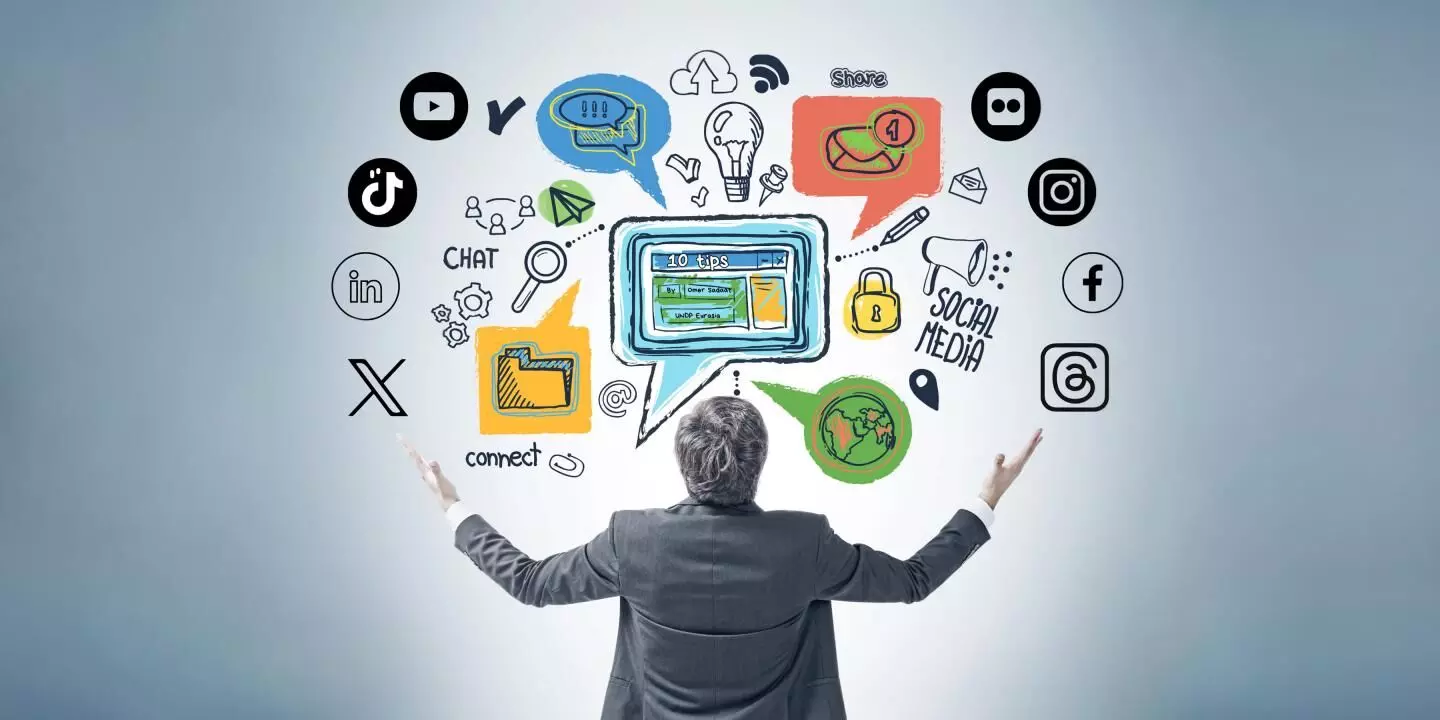How Social Media Is Changing The Way We Communicate
Social media has altered the way we interact. It is quick, thrilling, and full of opportunities.
Social Media

Social media has fundamentally changed how we communicate with one another. Platforms like Instagram, Facebook, Twitter, and TikTok have facilitated quicker and easier communication for both informal and professional exchanges. But speed is not the only factor. Social media has completely changed the way we communicate, express ourselves, and get information.
Instant Conversations
Consider the way we used to communicate just a few decades ago. It was commonplace to wait for a long-distance call or write letters. A WhatsApp message or an Instagram direct message now receives a response in a matter of seconds. Friends who live thousands of miles apart, for instance, may communicate every day by exchanging images, videos, and emoticons. Before, this degree of instantaneous connectedness was unthinkable.
Our language now includes GIFs and emojis. Rather than writing, "I am so happy for you!" many individuals just send a heart emoji or a smiling face. Everyone can comprehend it, and it is fast and enjoyable. However, others contend that our talks are becoming less meaningful as a result of this streamlined communication style.
Building Global Connections
We may now easily connect with individuals we would never otherwise meet, thanks to social media. For example, Twitter enables individuals to speak directly with academics, politicians, and celebrities. A student in India may talk to someone in Australia about climate change or ask a U.S. author for guidance.
Handmade soap makers and other small companies have gained thousands of clients worldwide on TikTok as a result of their viral success. A single article that reaches a worldwide audience has the power to transform someone's life.
Oversharing and Blurred Boundaries
Social media facilitates connections, but it has also led to a widespread tendency of oversharing. Have you ever seen blogs where someone goes into great detail about a family problem or breakup? Influencers often engage with their followers on Instagram by sharing very personal experiences, ranging from financial problems to mental health issues. This transparency creates concerns about boundaries and privacy, even if it may also encourage others.
The Rise of Surface-Level Interactions
We may keep in contact via social media, but often in a superficial manner. For example, rather than contacting or meeting in person, most individuals just send a "Happy Birthday!" message when a friend writes about their birthday. Similar to this, although a post about someone is significant, it lacks the depth of an actual chat, as if it seems sufficient.
Relationships may feel less intimate as a result of this convenience. According to research, scrolling takes up more time than speaking with close friends. Social media unites us, yet it may also make us feel more alone. That is its contradiction.
News at Lightning Speed
Social media sites like Facebook and Twitter are becoming the most popular places to find news. Breaking news quickly spreads, often before it is covered by established media. There are two sides to this. Although it is excellent for keeping informed, it also contributes to the quick spread of false information.
For instance, erroneous information about immunisations spread widely during the epidemic, leading to anxiety and uncertainty. The rapidity of social media is both a strength and a drawback.
Finding Balance
Without question, social media has altered the way we interact. It is quick, thrilling, and full of opportunities. However, it is crucial to utilise it sensibly. Maintain your friendships, but do not allow them to take the place of deep in-person discussions. Savour the advantages, but establish boundaries to prevent burnout or superficial relationships.
As technology advances, our communication, sharing, and learning methods will continue to change. Although social media has a lot of power, what really counts is how we utilise it.

